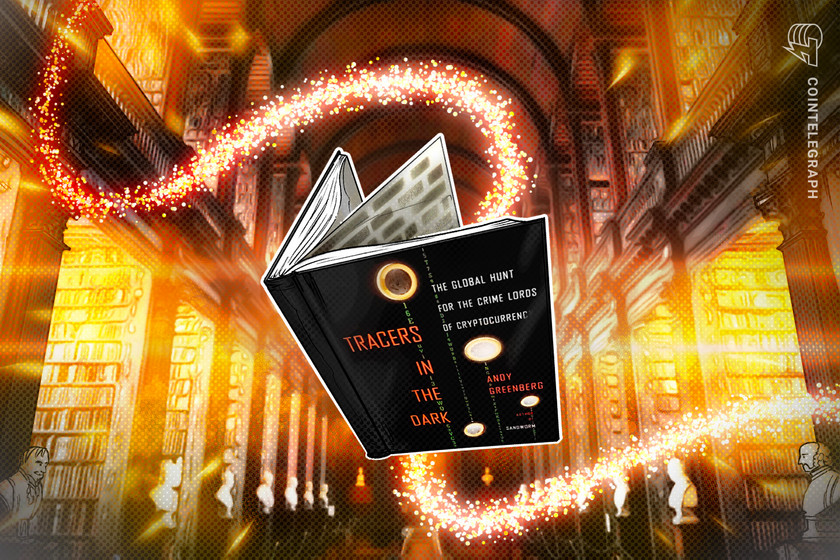On its surface, Andy Greenburg’s new book, Tracers in the Dark: The Global Hunt for the Crime Lords of Cryptocurrency, is a standard crime story. Fans of true crime podcasts will enjoy the crypto version and get a seat in the Federal Bureau of Investigation van as United States federal agents track down criminals through their crypto transactions.
The first story recounted is that of a crooked Drug Enforcement Agency agent who stole funds from the online drug market Silk Road. It also addresses the hunt for Dread Pirate Roberts, aka Ross Ulbricht — Silk Road’s founder.
Ross’ operational security was pretty good. He used Tor for everything. He used an encrypted laptop that locked itself when it was closed. He didn’t share personal details. But in privacy, all it takes is one mistake. He was ultimately undone by one small slipup on an online forum when he first started Silk Road.
The takedown of AlphaBay was an even more sophisticated operation, told through a combination of standard investigative techniques that also harnessed evolving tools developed by crypto forensics firms including Chainalysis and Elliptic. I won’t ruin the ending to that amazing tale in this review.
According to Chainalysis data, Silk Road accounted for nearly 20% of all Bitcoin activity at its peak in 2013. Silk Road conducted over $435M worth of transactions, peaking at $40M in the month of September 2013. pic.twitter.com/veOdmlb3oe
— Chainalysis (@chainalysis) November 5, 2020
A more disturbing section reveals the takedown of Welcome to Video, a child pornography site where many users simply sent their Bitcoin (BTC) directly from Know Your Customer-compliant exchanges.
The book is a fun read as a true crime novel. It’s also a useful teaching tool for operational security on the web, particularly for new crypto users. The growth in crypto usage in the last two years has been exponential, facilitated via new wallets like MetaMask that became available on phones two years ago.
Since you no longer have to be a tech expert to use crypto, many new users are less sensitive to information privacy than the hardcore techies that dominated crypto in the early days. This book should serve to wake them up to the need for crypto privacy.
Related: My story of telling the SEC ‘I told you so’ on FTX
It’s important for privacy advocates to study criminal forensics, not because we want to help the bad guys but because the tools employed by the government against despicable people…
Click Here to Read the Full Original Article at Cointelegraph.com News…
























